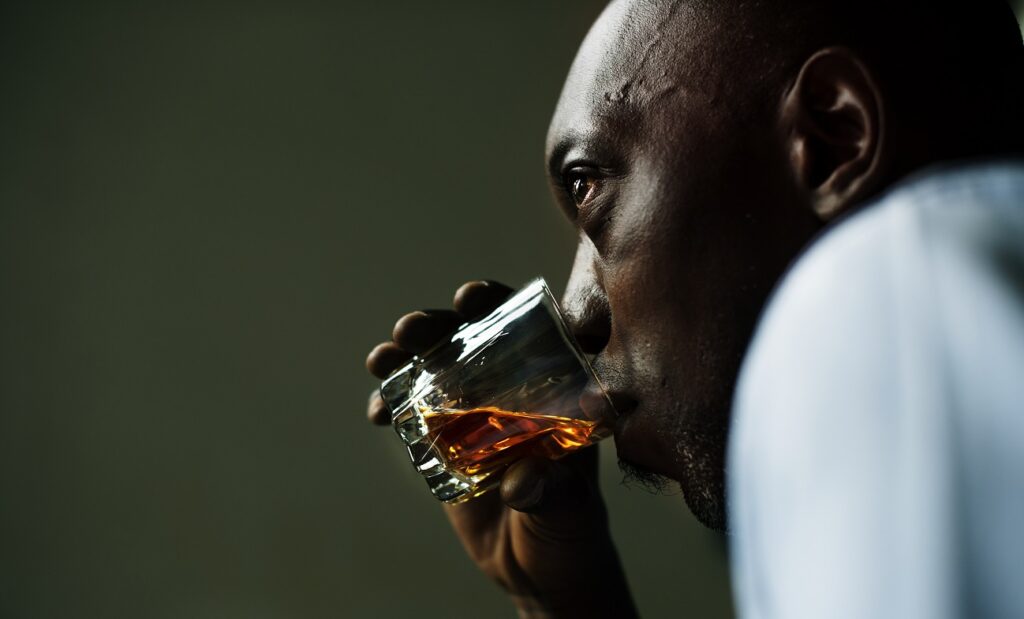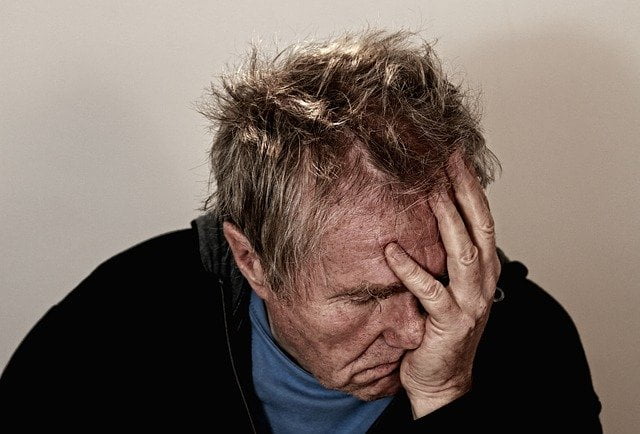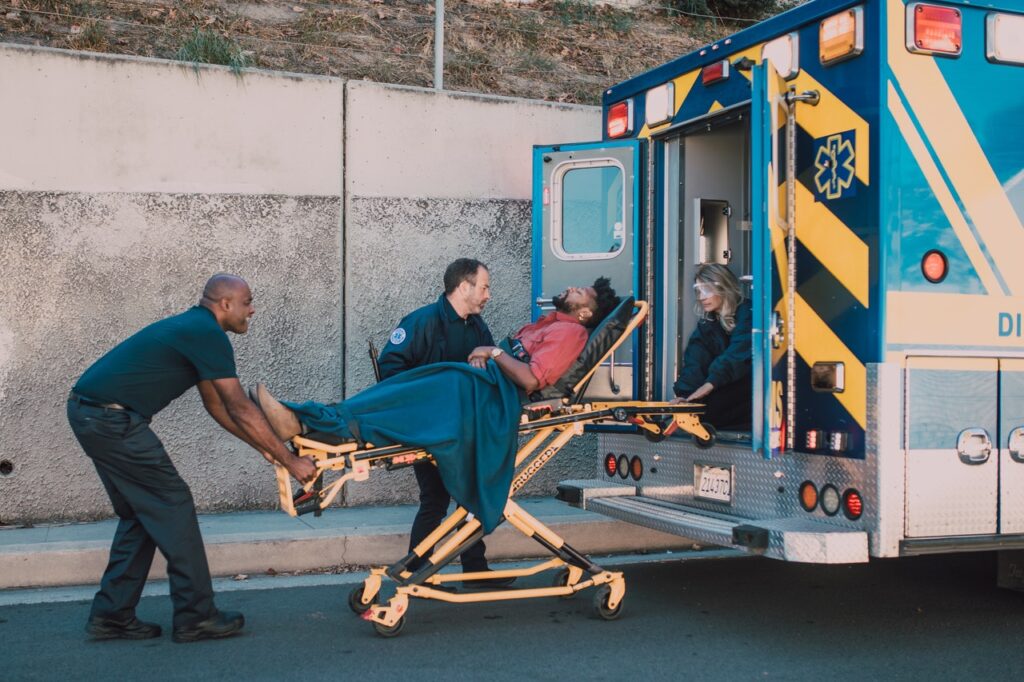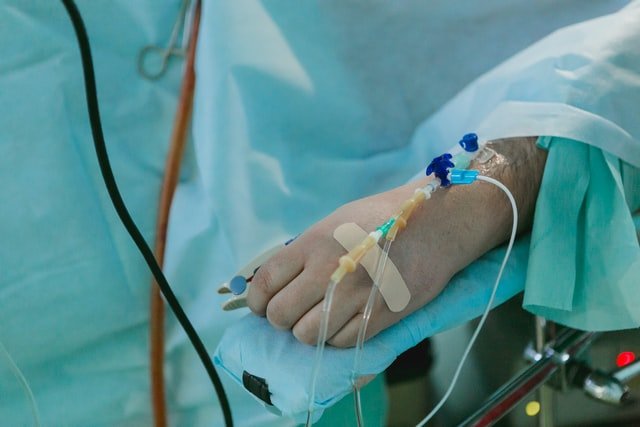- Home
- Addiction Treatment
- Dual Diagnosis
- Alcohol Related Brain Damage
Alcohol Related Brain Damage
Alcohol-Related Brain Damage (ARBD) is a disorder of the brain, caused by an excess of alcohol abuse over several years.
It is usually diagnosed between the ages of 40 to 50, and there are several different types of ARBD.
If you drink regularly, alcohol can affect both your memory and your cognitive ability.
This is known as ARBD, or ARBI (alcohol-related brain injury).
Before people reach this stage, changes to thinking and memory are known as mild cognitive impairment (MCI), risking developing into serious brain damage, such as alcohol-related dementia or Alzheimer’s.
The Causes Of ARBD

Alcohol-related brain damage or injury is caused by abusing alcohol for a lengthy period of time.
What damage can this do to the brain? The following are the most prevalent and common areas of damage:
- Damage to nerve cells: Alcohol can be toxic to nerve cells. Over long periods of time, alcohol can cause brain cells to die, which leads to a shrinkage of the brain. The fewer cells there are, the fewer cells there are to carry the brain’s messages, hampering different tasks.
- Damage to blood vessels: As the person drinks more alcohol, the blood vessels in the brain become damaged. This leads to high blood pressure and therefore an increased risk of cardiovascular conditions and strokes. The brain lacks a supply of oxygen, causing an array of issues.
- Head Injury Risk: When drinking a lot of alcohol, it increases the risk of falling, hitting your head or receiving blows from being involved in fights.
- Low levels of vitamins and an unhealthy lifestyle: Alcohol prevents the body from getting enough vitamin B1, also known as thiamine. The brain requires this vitamin to function properly. People who drink too much are likely to have unbalanced diets and a negative lifestyle that parallels their behaviour.
Heavy drinking increases the risk of high blood pressure and high cholesterol levels, both of which are major factors for heart attacks and strokes.
Some of the most common long-term risks associated with alcohol:
- High blood pressure
- Strokes and heart attacks
- Pancreatitis
- Liver disease and liver cancer
- Cancer of the mouth, head, neck, breast etc
- Major depression and anxiety
- Dementia
- Brain damage
- Sexual issues such as premature ejaculation
The Different Types Of ARBD

1. Alcohol-Related Dementia And Alzheimer’s
Our first alcohol-related brain damage variant is alcohol-related dementia.
This means the person will struggle with daily tasks, as excessive drinking has damaged their brain.
The effects of this condition revolve around memory loss and difficulty in thought processes.
You may be unable to focus on tasks, solve problems, make judgements and struggle with motivation, as well as effective balance, mood and general daily life.

2. Wernicke–Korsakoff Syndrome (Wet Brain Syndrome)
Similar to dementia, Wernicke – Korsakoff syndrome is a condition caused by drinking an excessive amount of alcohol and is rarely caused by anything else.
Wernicke syndrome is degenerative, specifically caused by a lack of thiamine, commonly known as vitamin B1.
Deficiency in B1 causes damage to the thalamus and hypothalamus in the brain. Common symptoms include:
- Confusion
- Vision issues
- Lack of muscle coordination (ataxia)
- Low blood pressure
- Hypothermia
- Coma
Korsakoff syndrome is a memory disorder that damages nerve cells and the spinal cord. Common symptoms include:
- Amnesia
- Tremors
- Coma
- Disorientation
- Vision issues
The main issue with this condition is the lack of ability to acquire new information or memories.
Wernicke – Korsakoff Syndrome is when both of these syndromes occur in an individual – a common condition if heavy drinking continues.
3. Traumatic Brain Injury

Alcohol abuse and traumatic brain injury are directly linked.
Alcohol use is the largest predictor of traumatic brain injuries (TBI).
TBI’s are characterised by neurological dysfunction, caused by blows to the brain.
This can range from mild concussion to a severe TBI, involving periods of loss of consciousness, and in the worst cases permanent brain damage.
The extent of the neurological damage is determined by the time following the injury, which involves brain swelling, increased pressure, cerebral blood flow, and cognitive developments.
Injury severity ranges as a result of which region of the brain is damaged.
People with TBIs tend to suffer from unemployment, social isolation and incarceration, more so than those without TBIs.
It has been estimated that between 30 and 50% of patients treated for TBIs were intoxicated at the time of the injury.
This estimation is higher for patients in accidents and involved in fights and assaults.
Binge drinking is the largest contributor to TBIs; individuals who tend to drink more than 5 drinks in one session are 3 times more likely to suffer TBI.
4. Alcohol-Related Stroke

A case study investigated the association between alcohol intake and strokes.
Alcohol intake was examined in 230 patients, aged 20 to 70.
Among the men, the risk of stroke was lower in light drinkers and 4 times more likely in heavy drinkers.
Light drinking is classed as 10 – 90g of alcohol weekly, and heavy drinking is categorised as consuming more than 300g per week.
A stroke is also known as a brain attack, something that can occur at any time.
Blood flow to a portion of the brain is cut off, and brain cells die when they do not receive any oxygen.
Depending on where the blood is cut off from, and for how long, dictates how much damage will be done.
The link between alcohol and strokes is about high blood pressure and high triglycerides.
Drinking excessive amounts of alcohol can trigger an irregular heartbeat, which increases the risk of stroke by over 5 times.
It can cause blood clots to form in and around the heart, if these clots move towards the brain, this can lead to a stroke.
5. Mental Health

Alcohol can also cause psychosis and other mental health issues.
Alcohol-related psychosis is also known as alcohol hallucinosis.
This can be the result of intoxication, withdrawal or severe alcoholism.
The symptoms of alcohol hallucinosis can vary according to alcohol intake, but it has been noted to be similar to symptoms of schizophrenia, mostly characterised by paranoia and hallucinations.
The majority of individuals that present with alcohol-induced psychosis have endured substance abuse at some point in their life.
The isolated and specific etiology of alcohol psychosis is unknown, but researchers suggest that it is likely related to levels of dopamine and serotonin, and other various neurotransmitters.
Alcohol also leaves drinkers with anxiety symptoms, and more negative symptoms than non-drinkers.
The DSM-V is the binary guide for mental illness, stating that to be diagnosed with induced psychosis, one must be suffering from either hallucinations or delusions.
6. Foetal Alcohol Syndrome

Foetal alcohol syndrome (FAS) is the end of the FASD spectrum.
This is where a baby is pre-exposed to alcohol before birth and therefore suffers many defects.
Most babies with FAS have central nervous system issues, including deformities and growth issues.
This can also harm their cognitive development, impairing learning, hearing, seeing and communication.
There is no cure for FAS, but early identification and intervention can dramatically improve the child’s likelihood of further development and happiness.
Statistics

Over 0.5% of the UK population have had changes in the brain as a result of excessive alcohol use.
More than 10 million people in the UK drink above the recommended limits for alcohol, drinking more than 14 units a week.
Around 35% of heavy drinkers have alcohol related brain damage, accounting for up to 24% of dementia cases.
Wernicke-Korsakoff syndrome is seen in over 12% of heavy alcohol drinkers.
What Help Is There?

If you’re worried that you – or someone you love – may be at risk of alcohol-related brain damage, the best thing to do is to get help.
As with any problem related to addiction, the sooner it is addressed, the better.
That’s where we come in.
When you contact Rehab Recovery, you’re making the vital first step on the road towards a life free from addiction forever.


